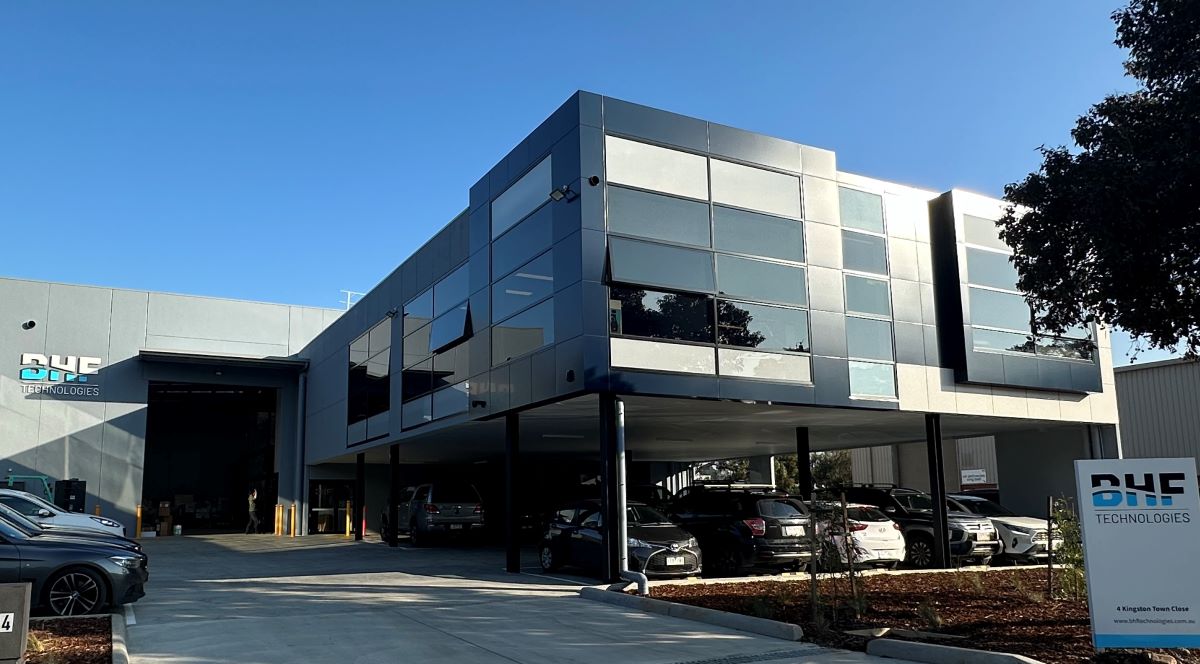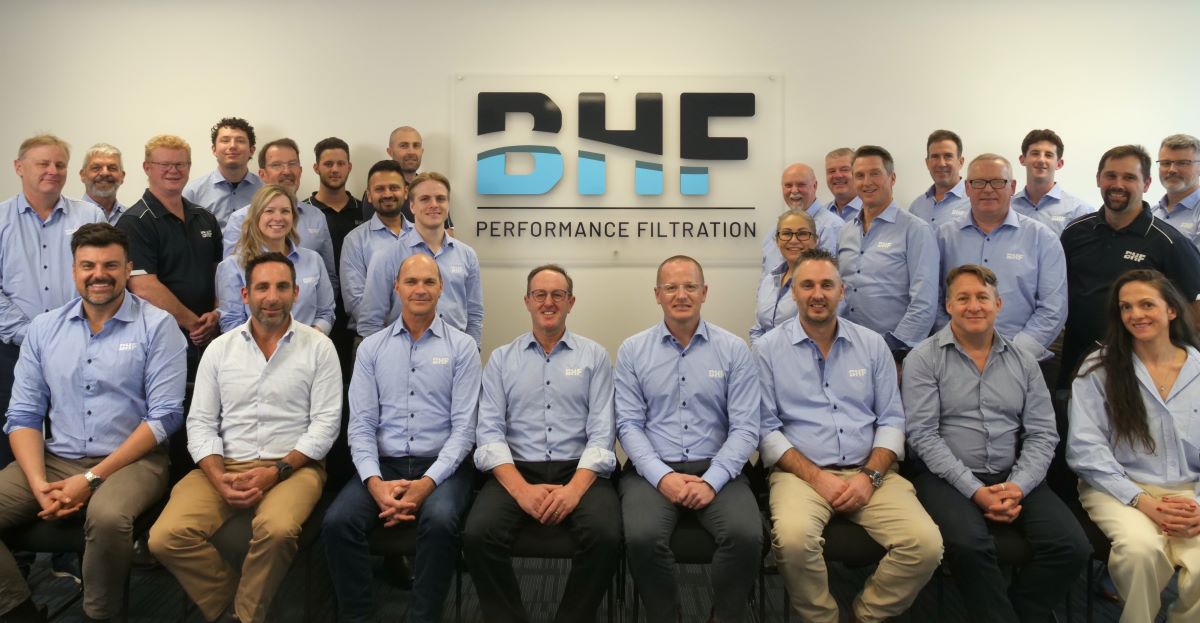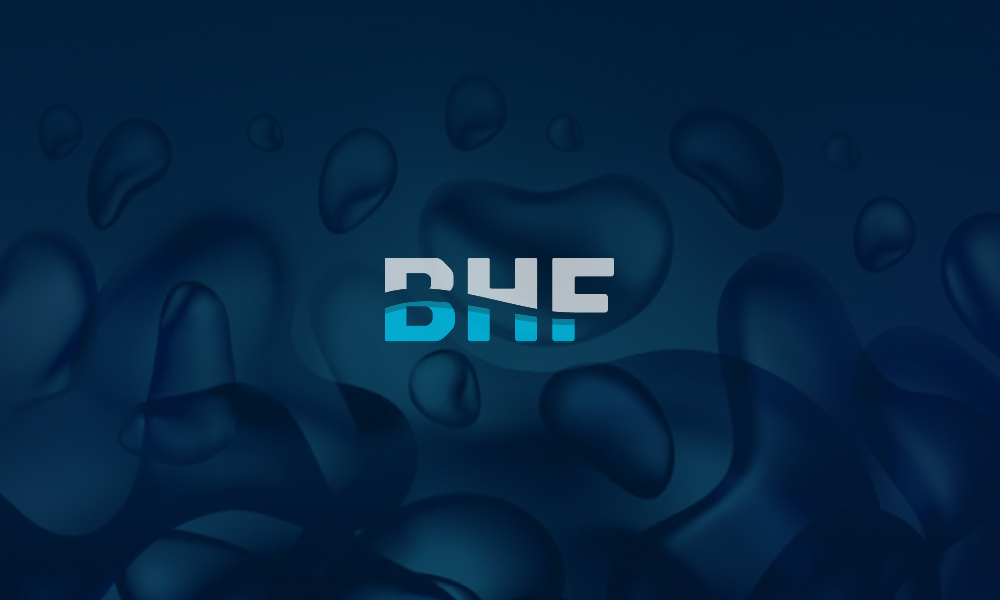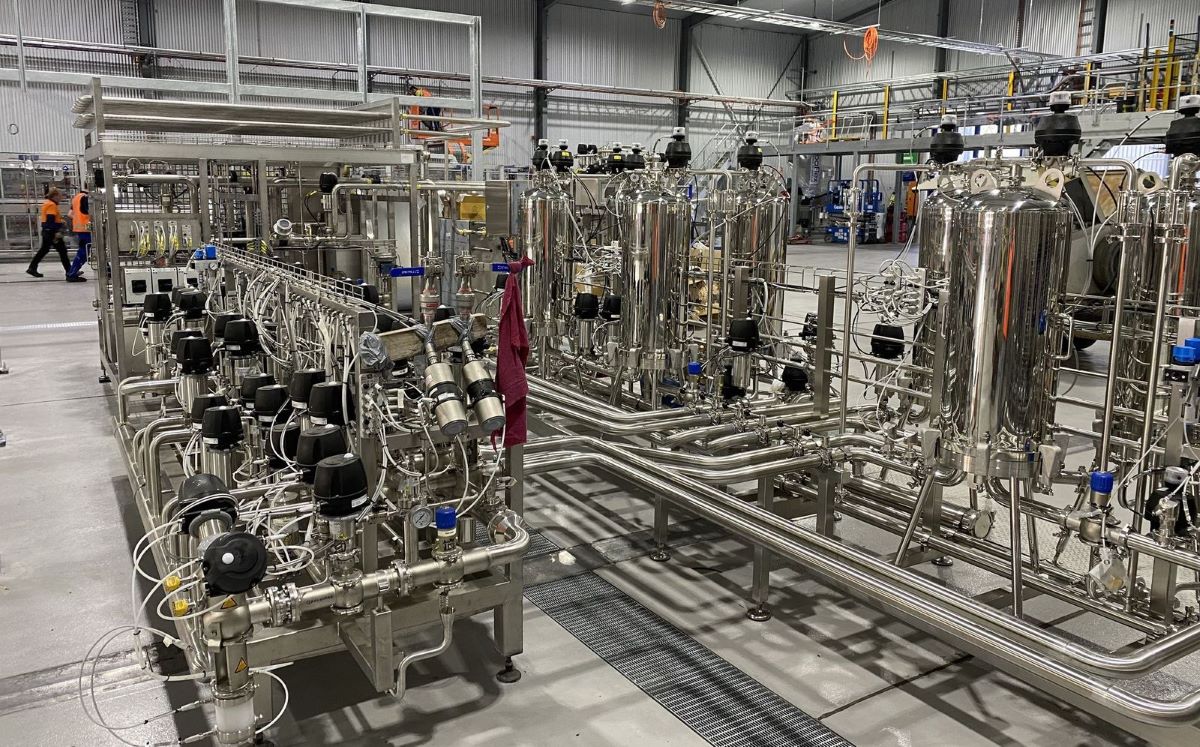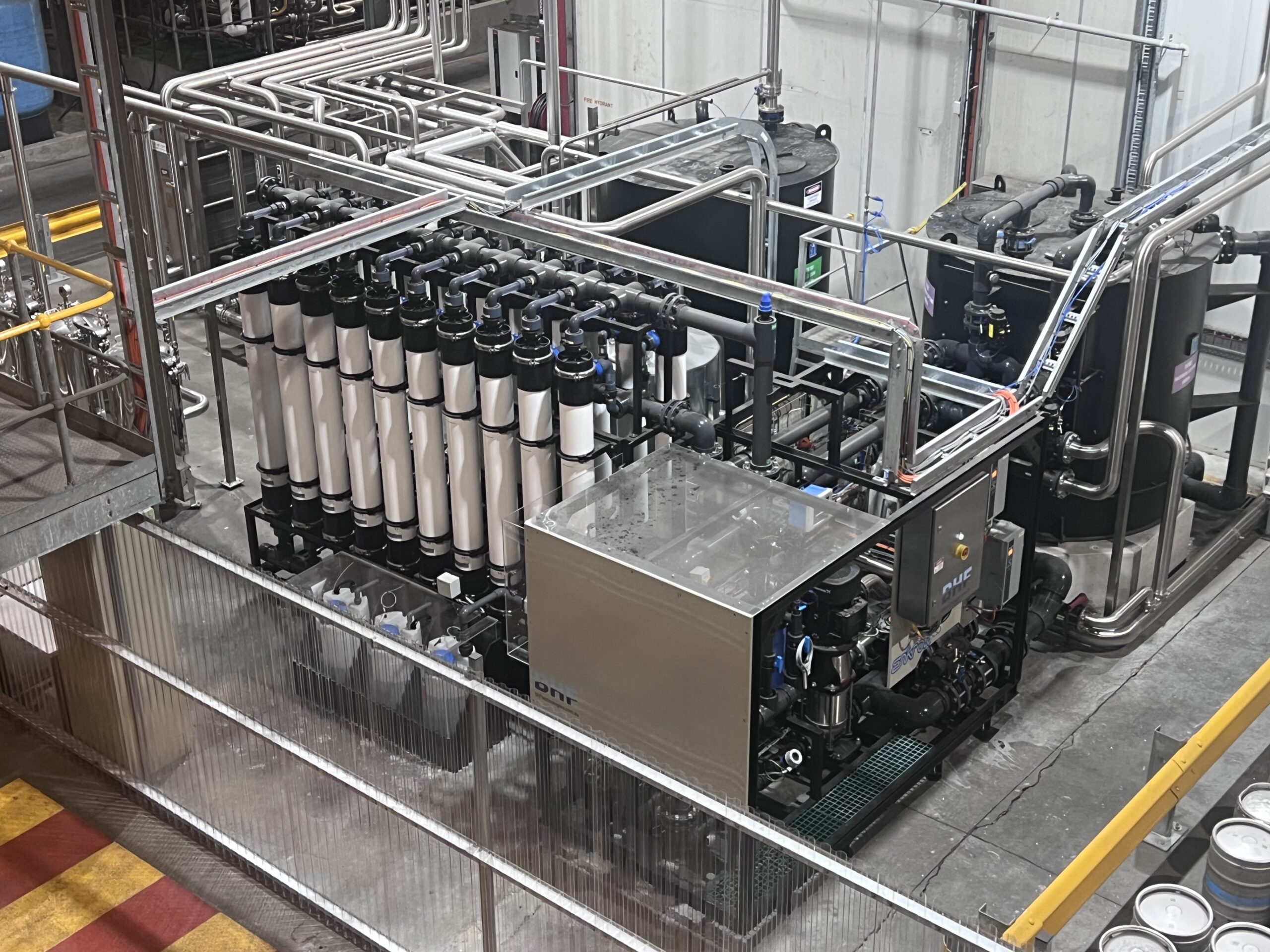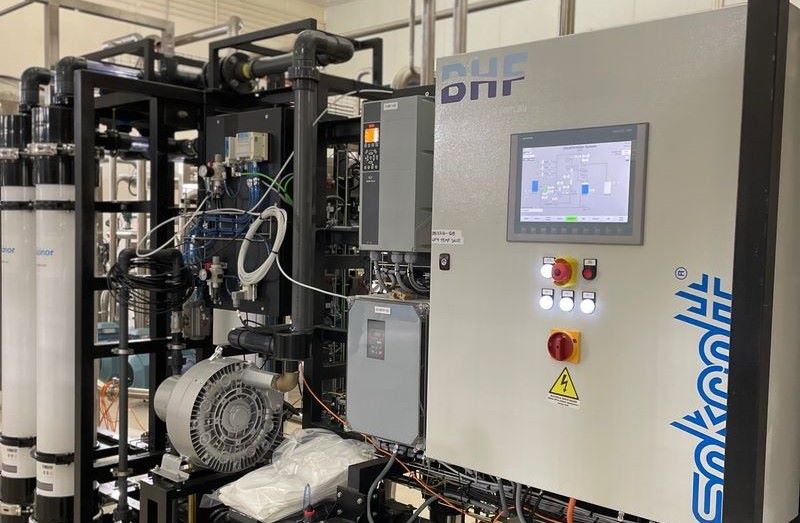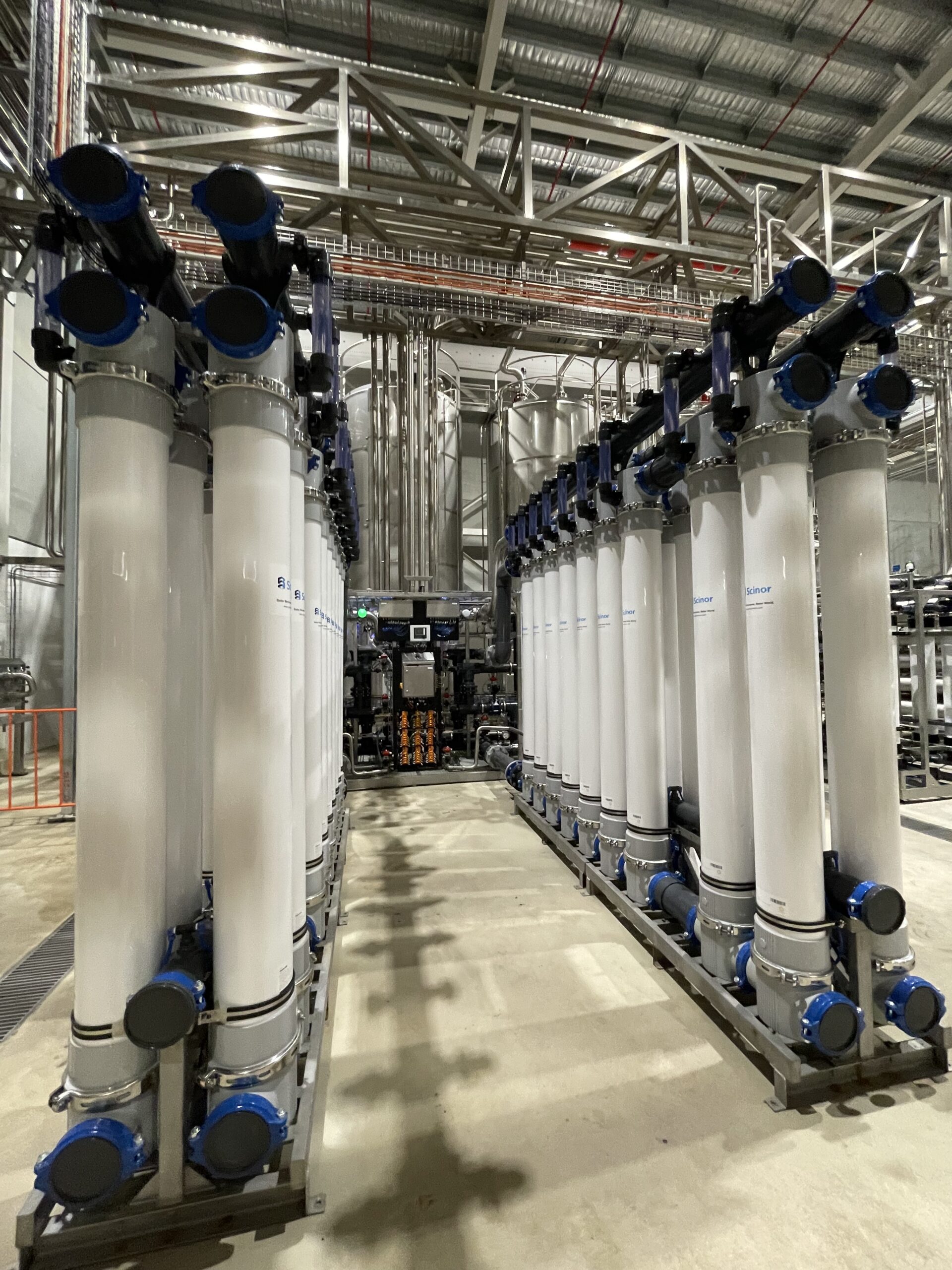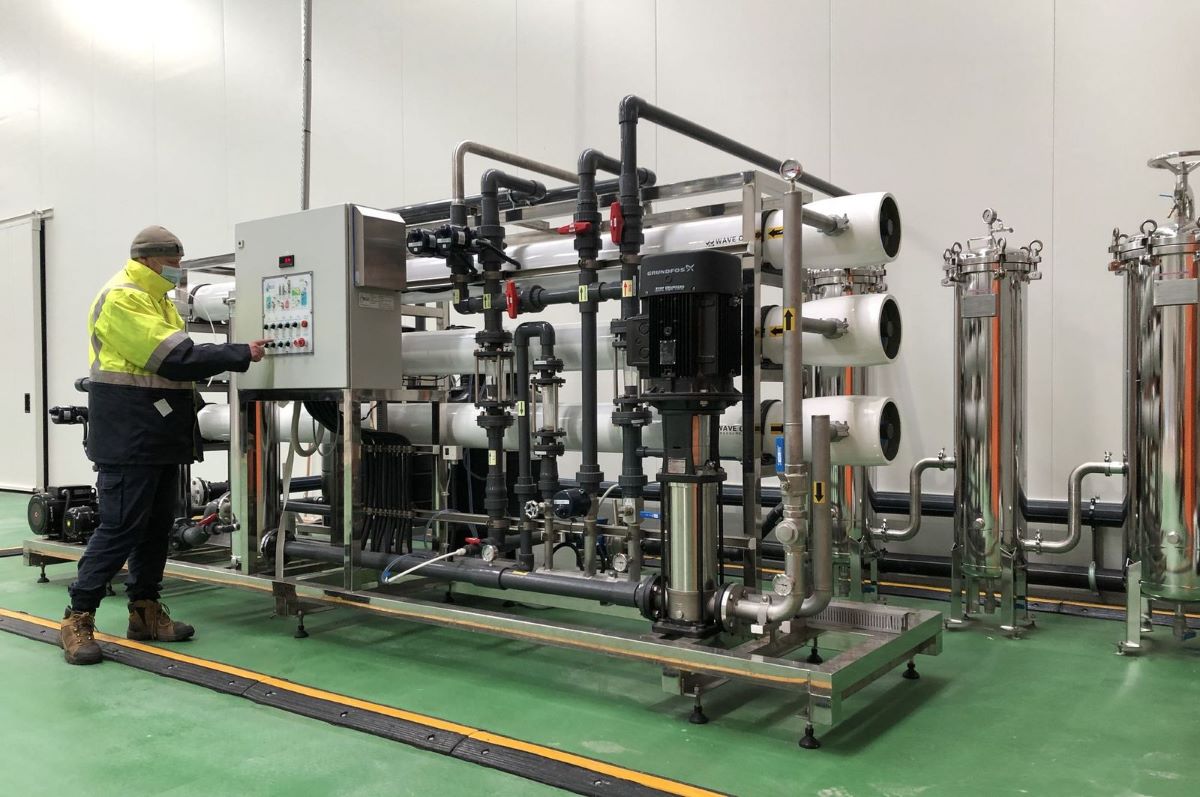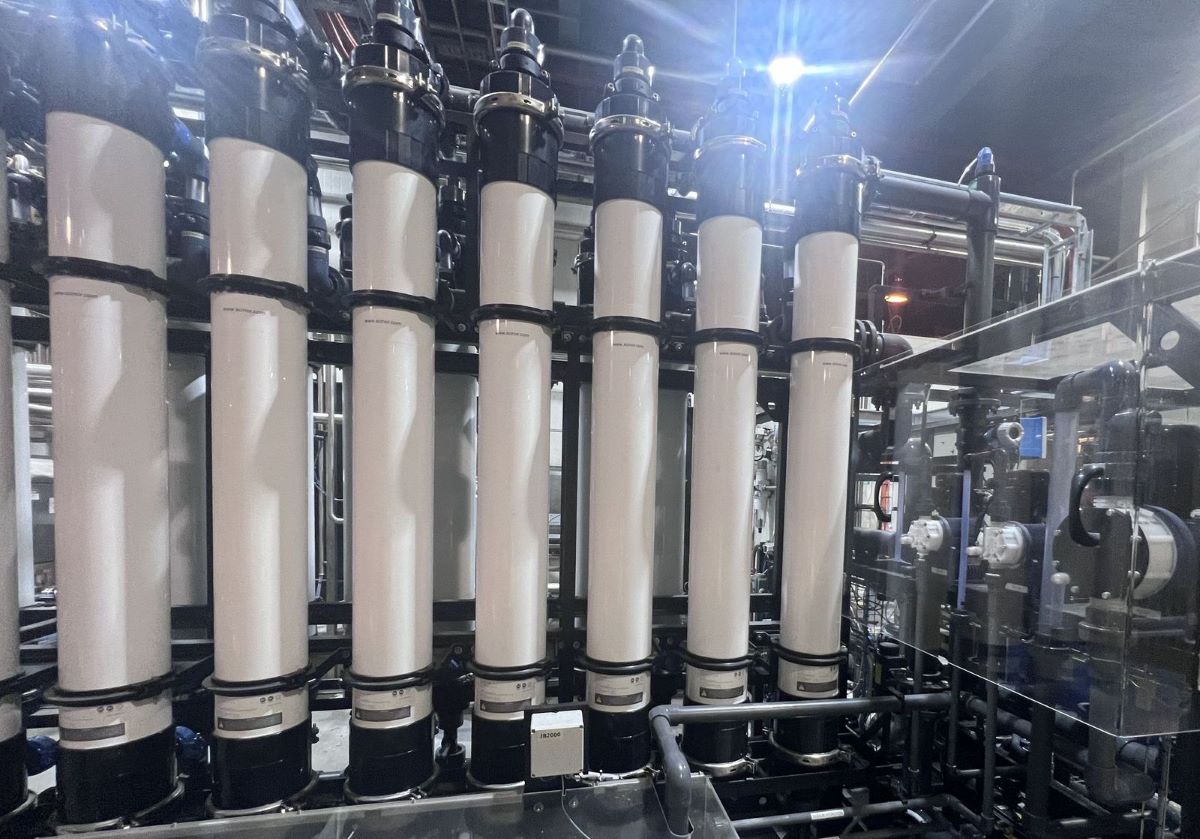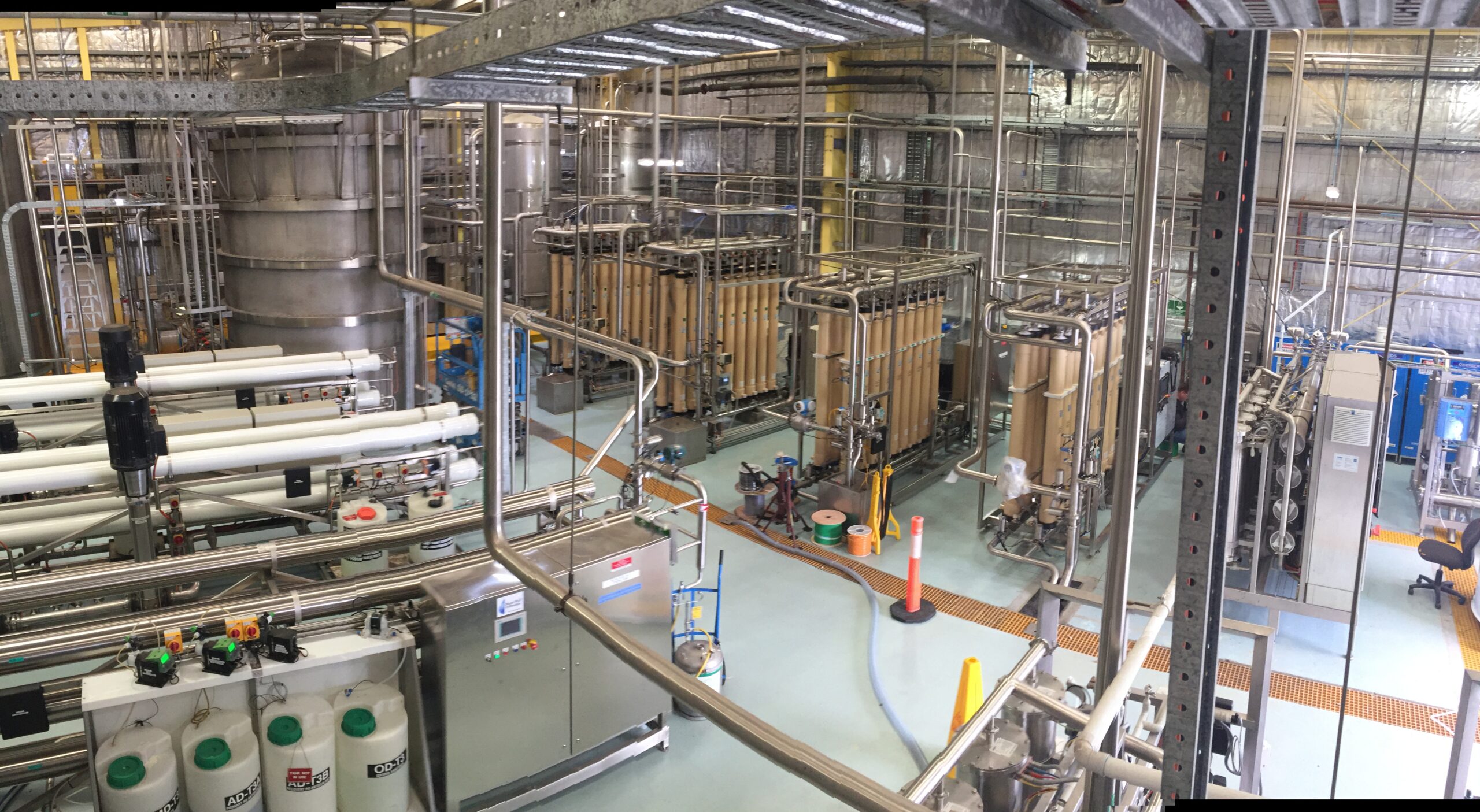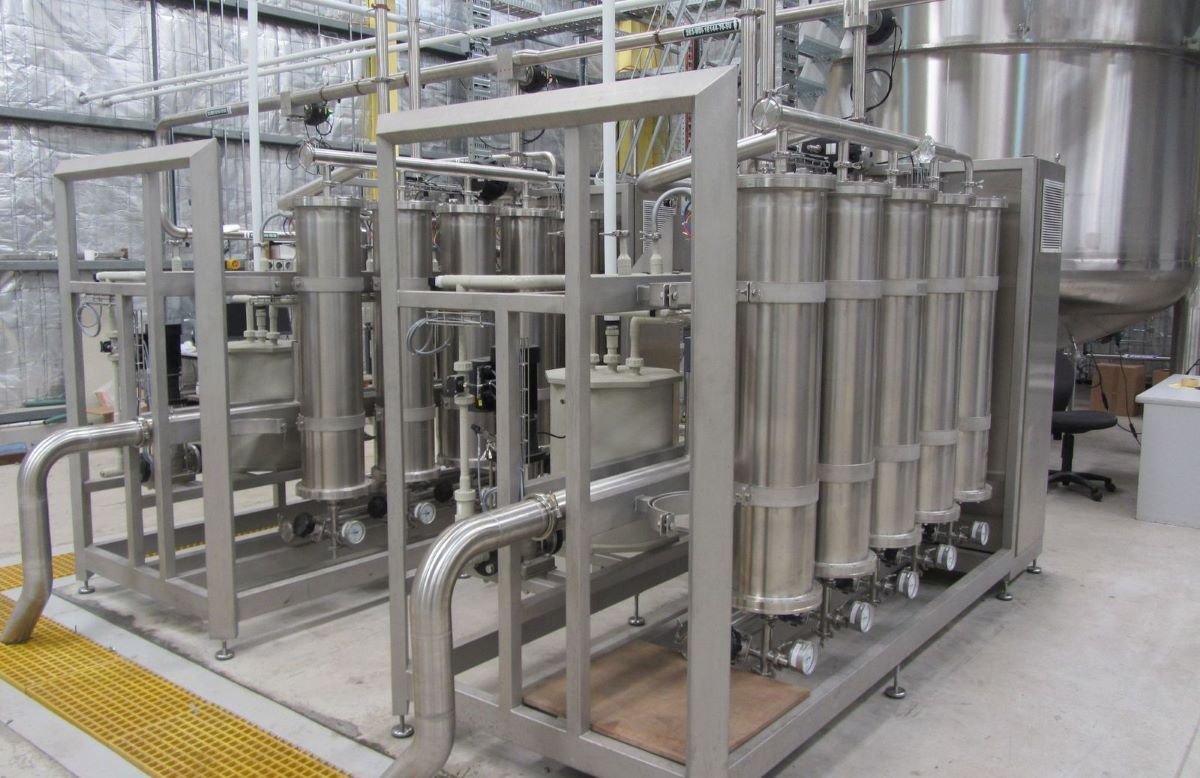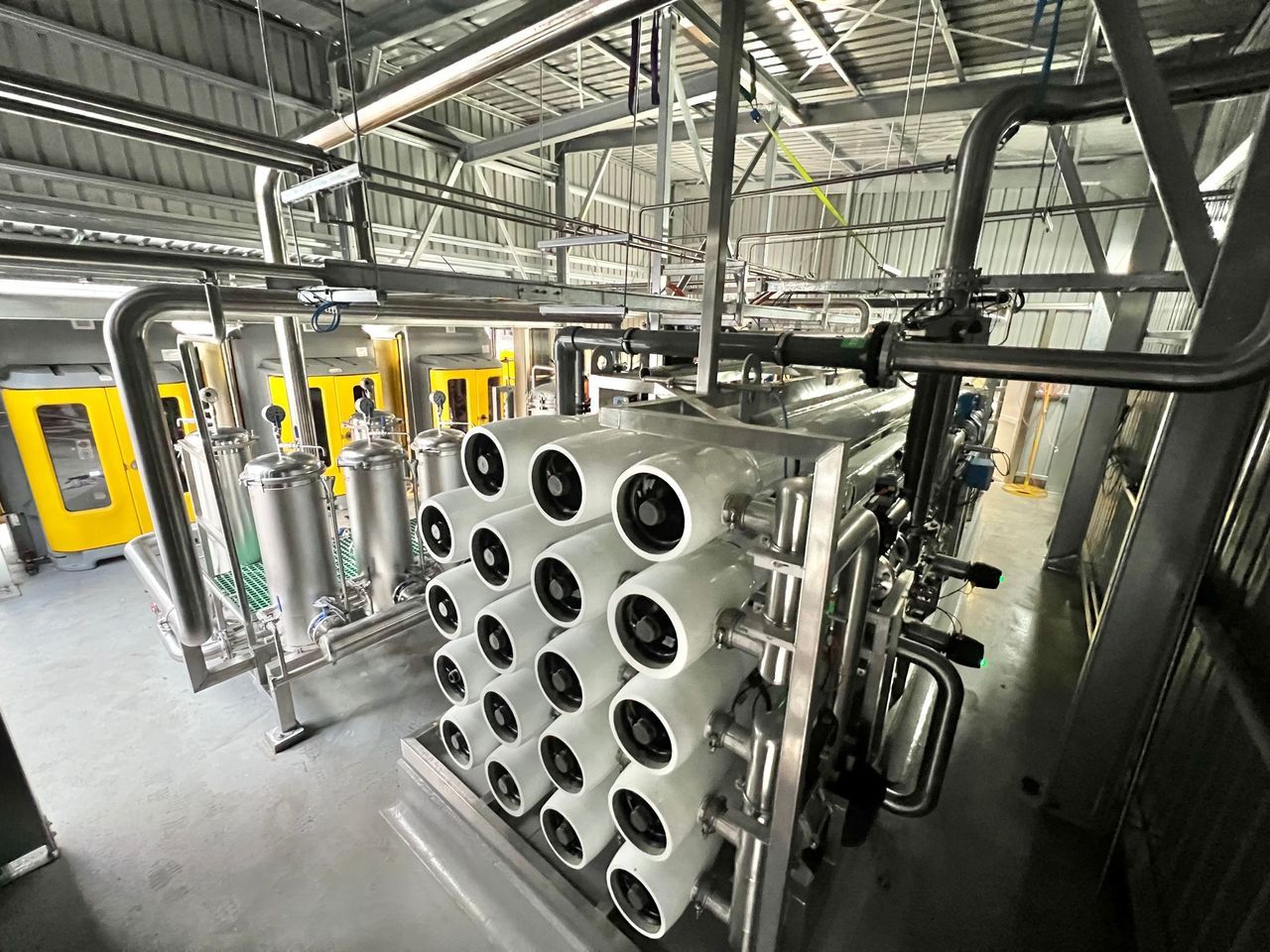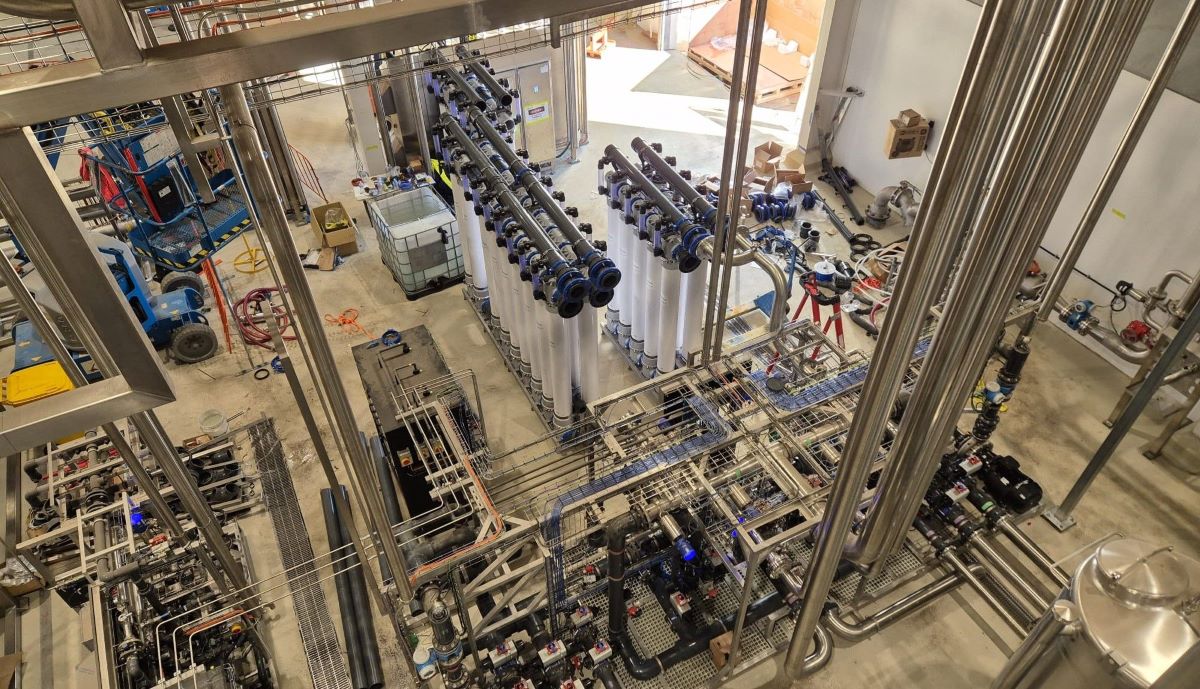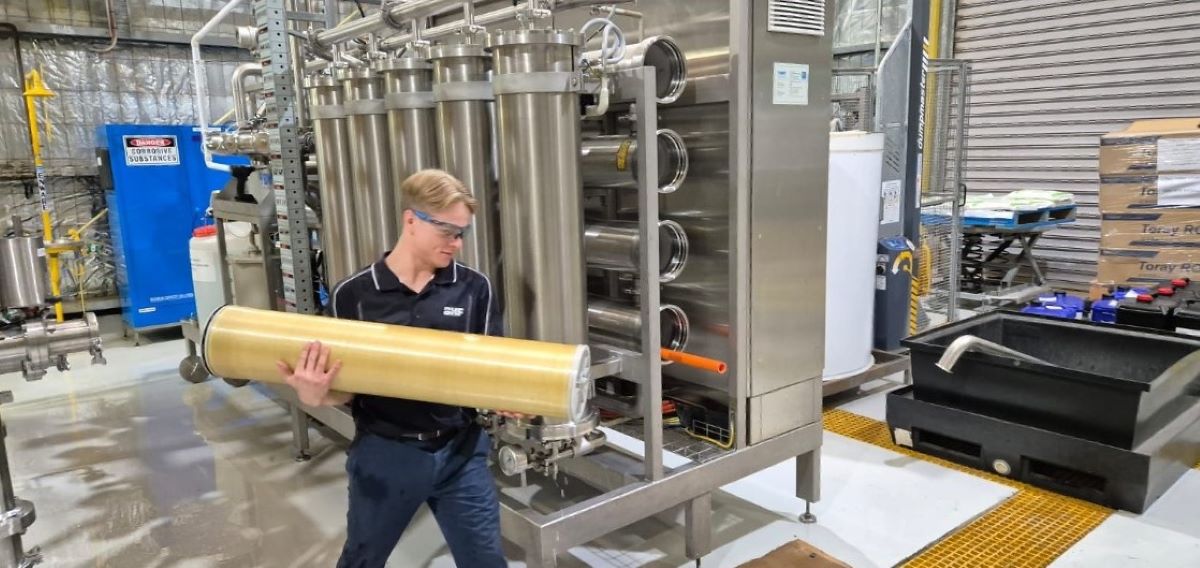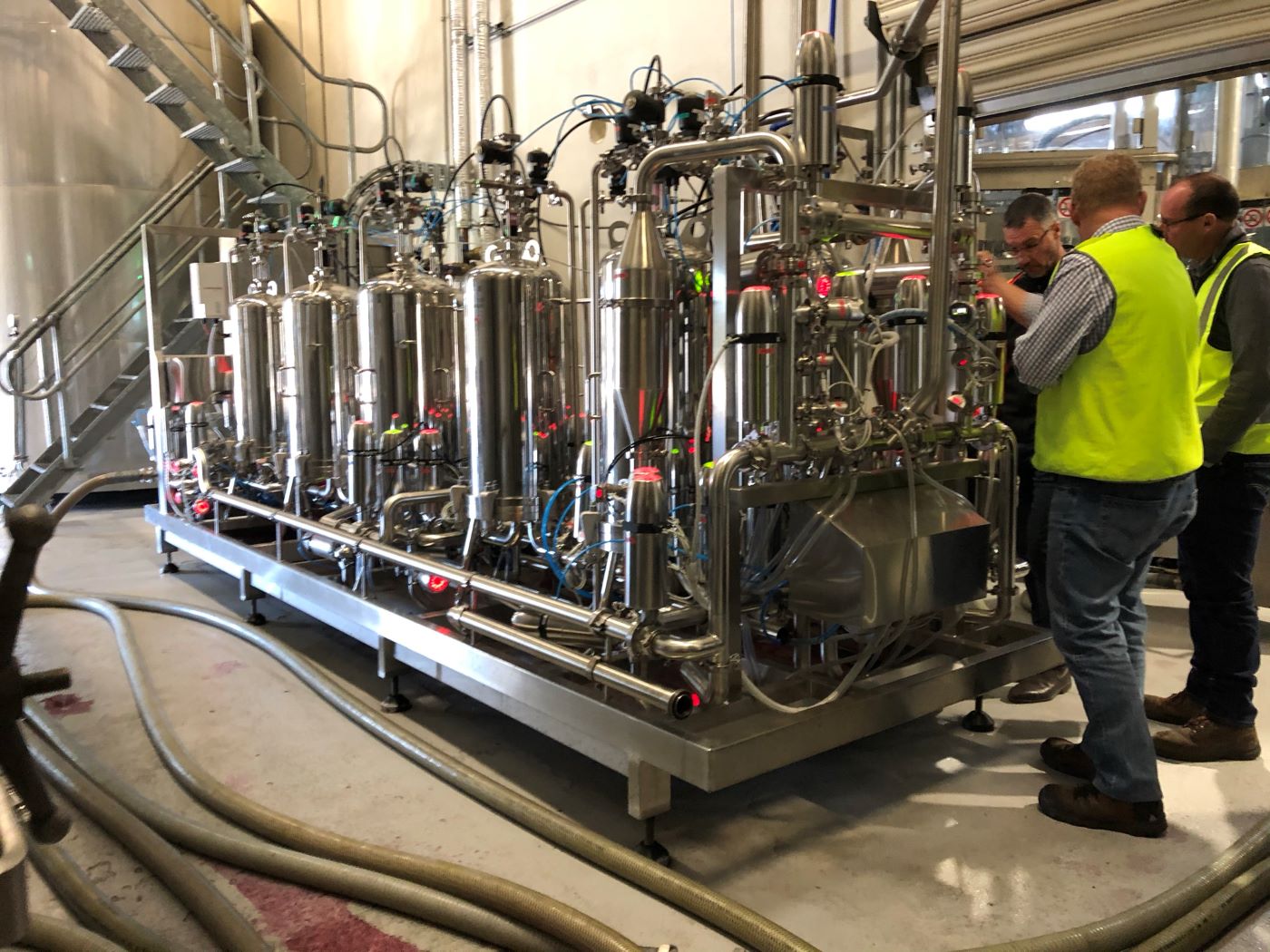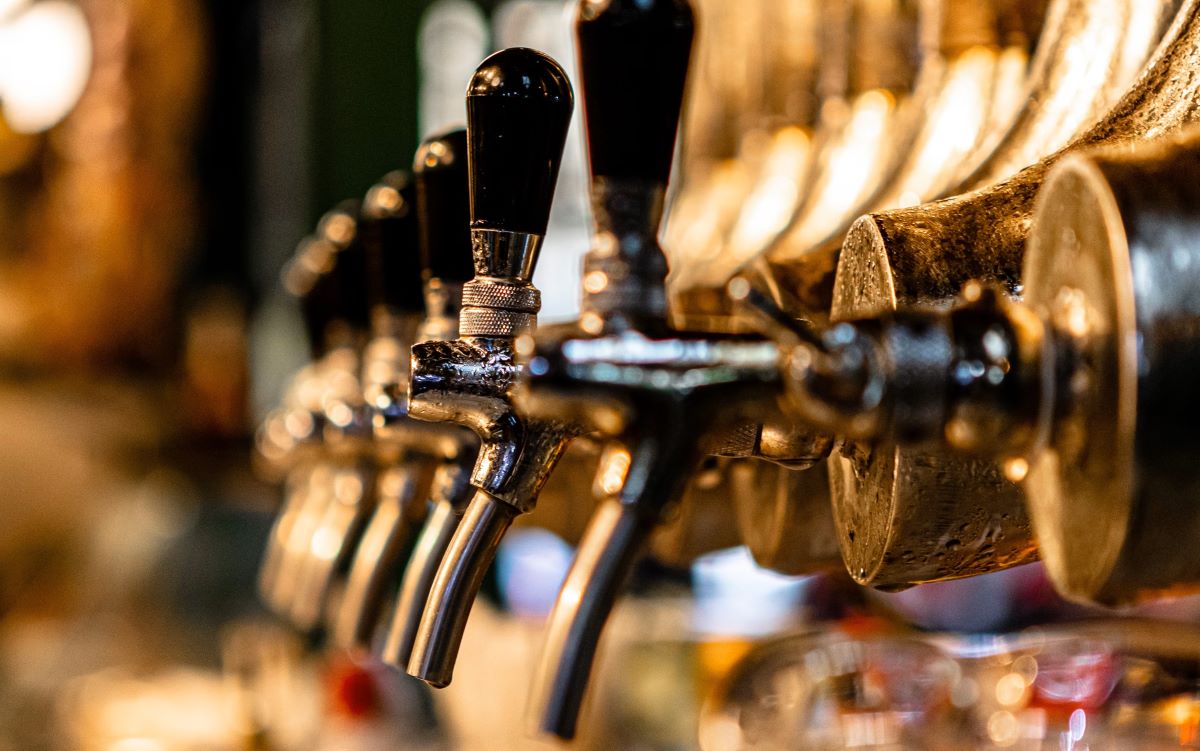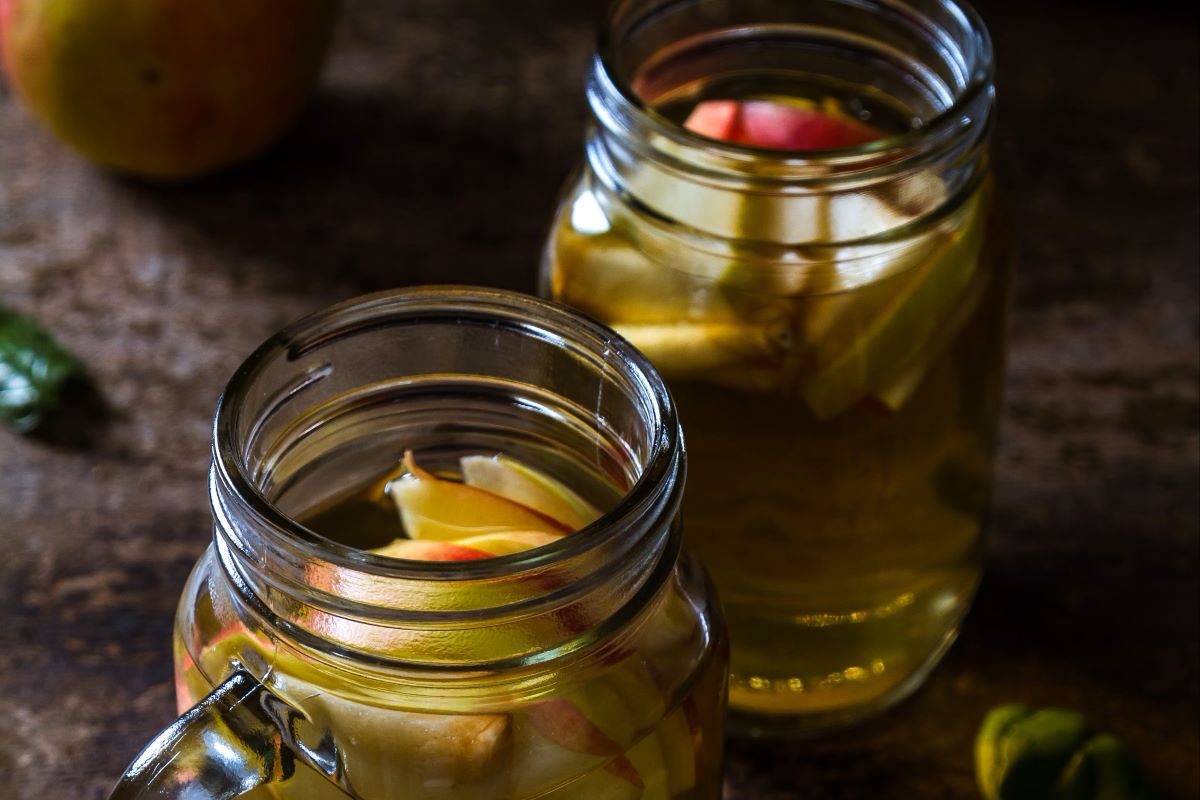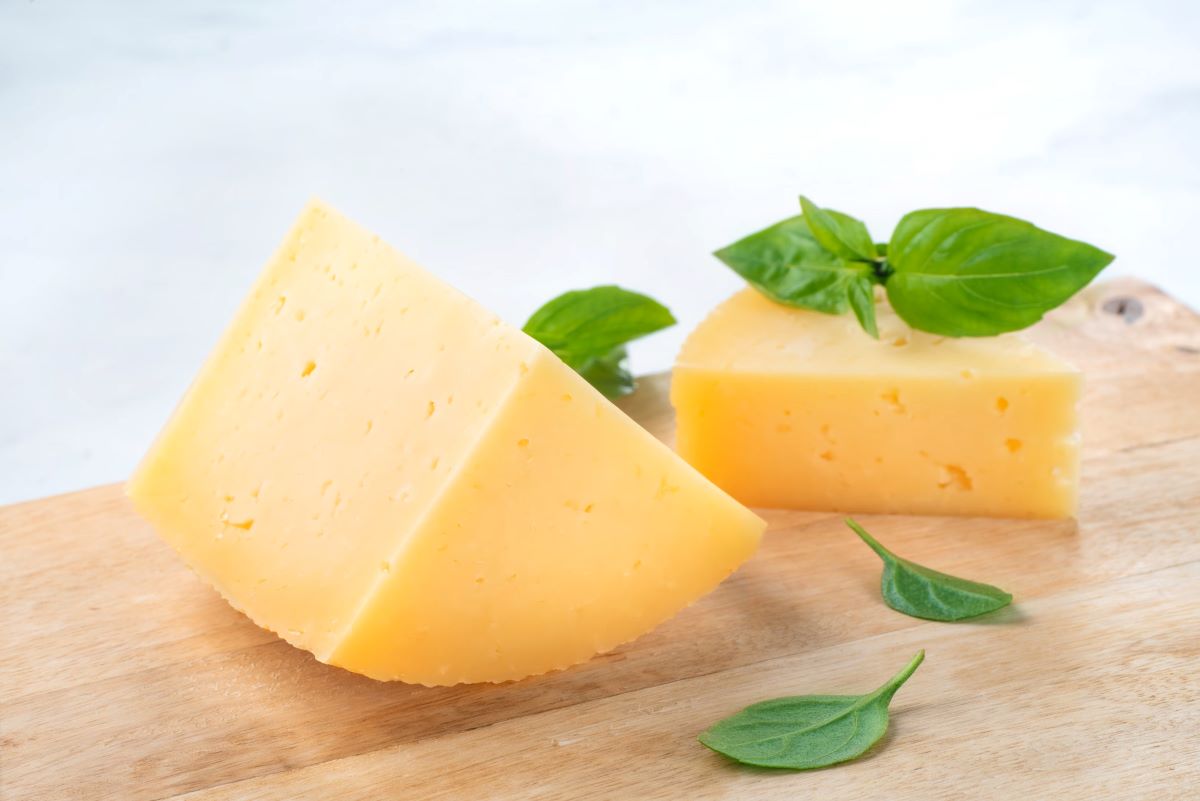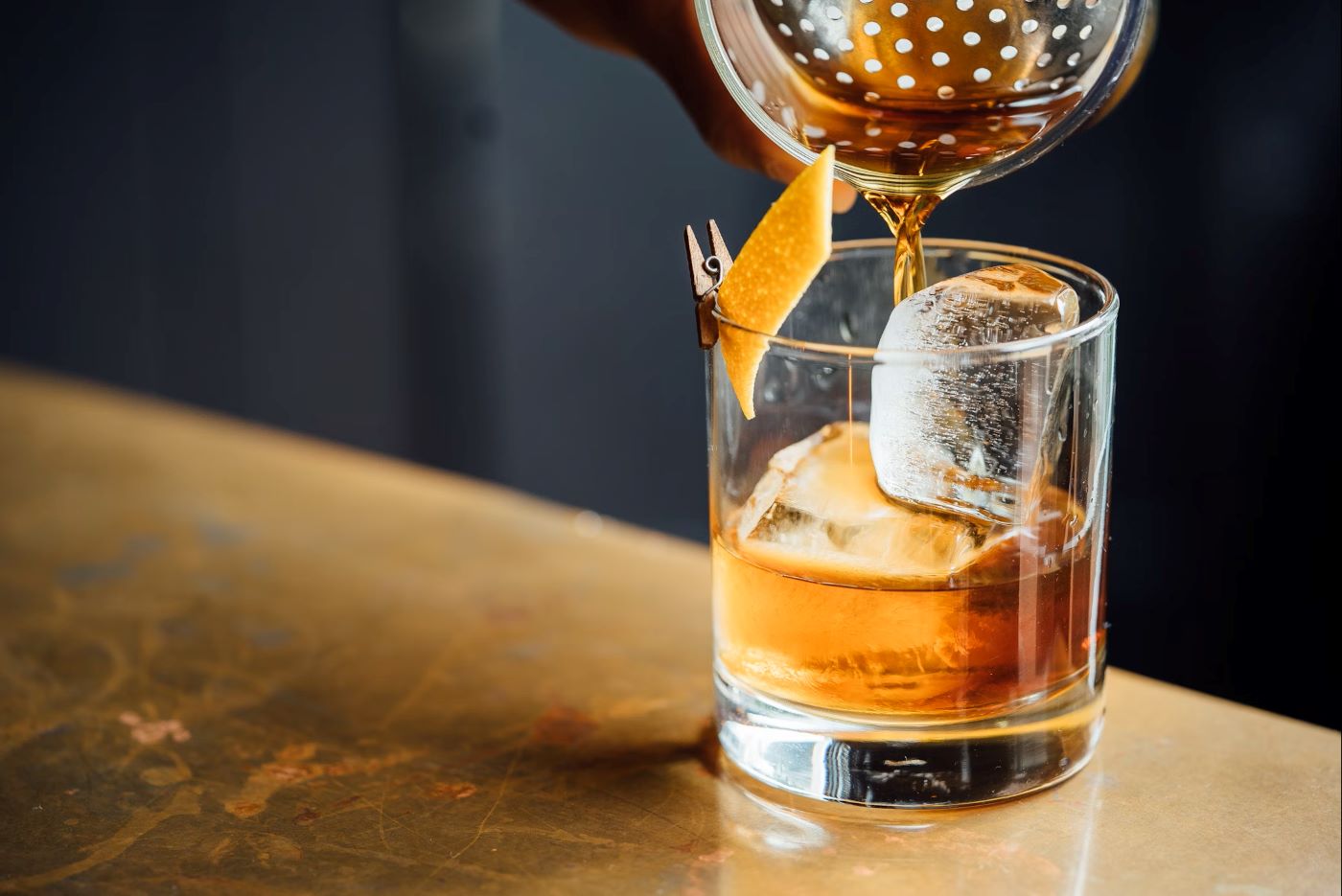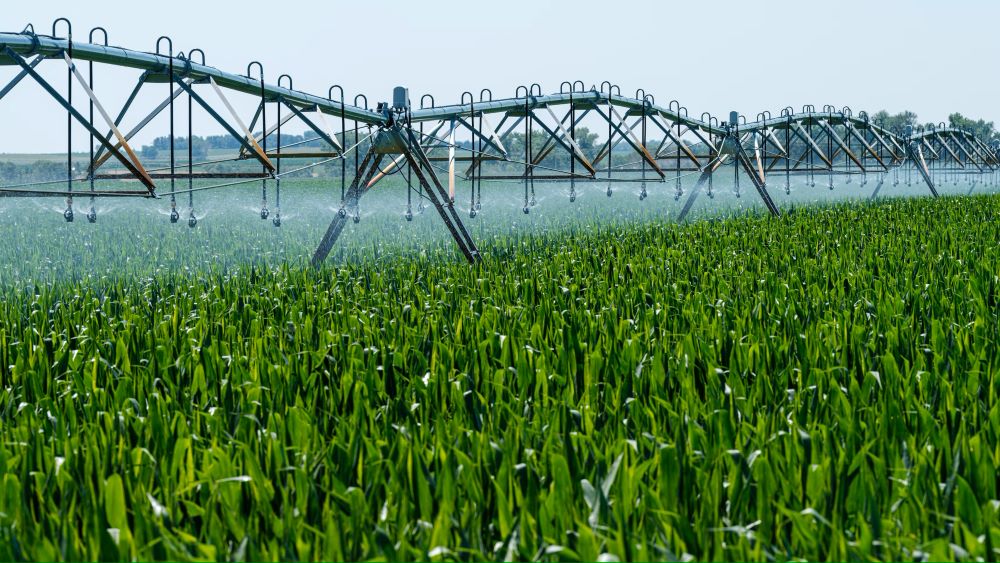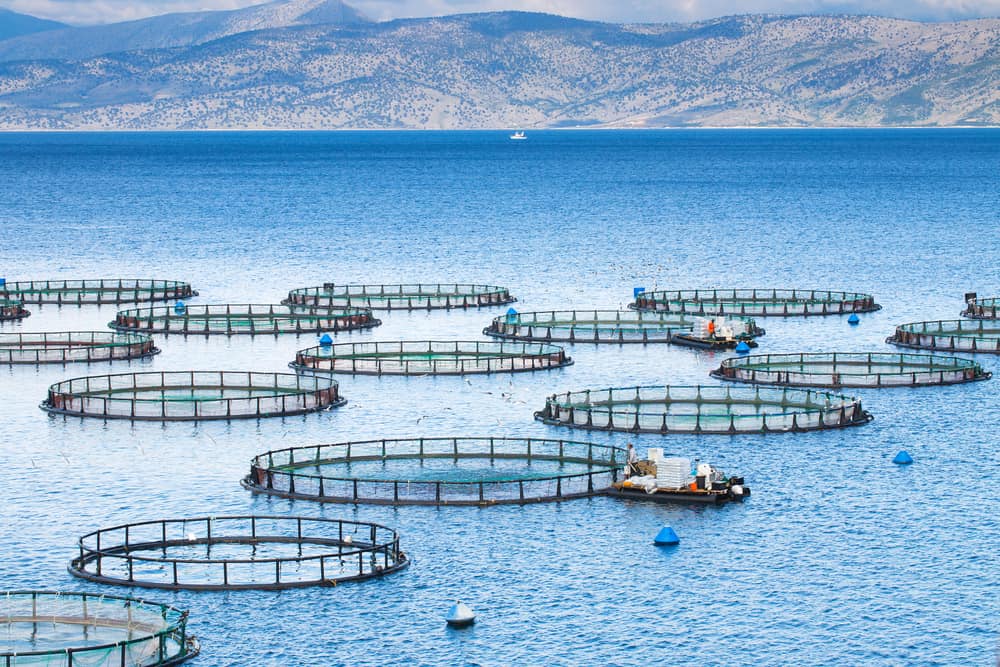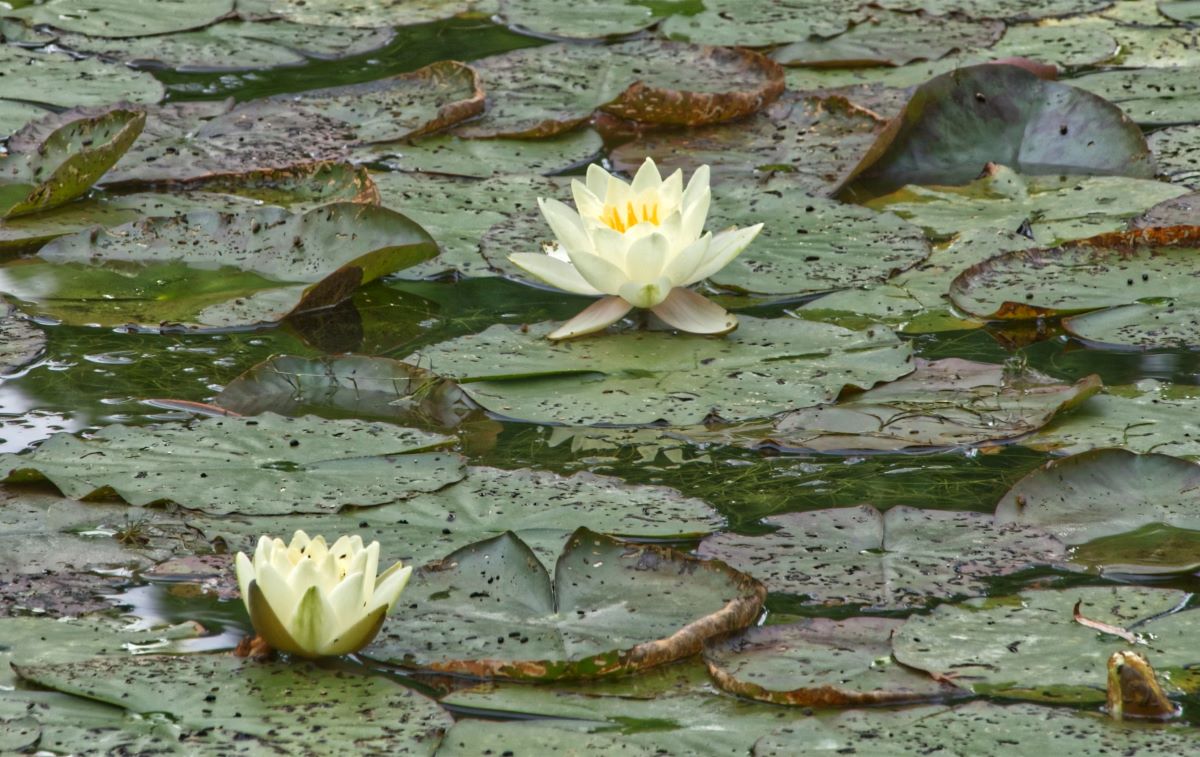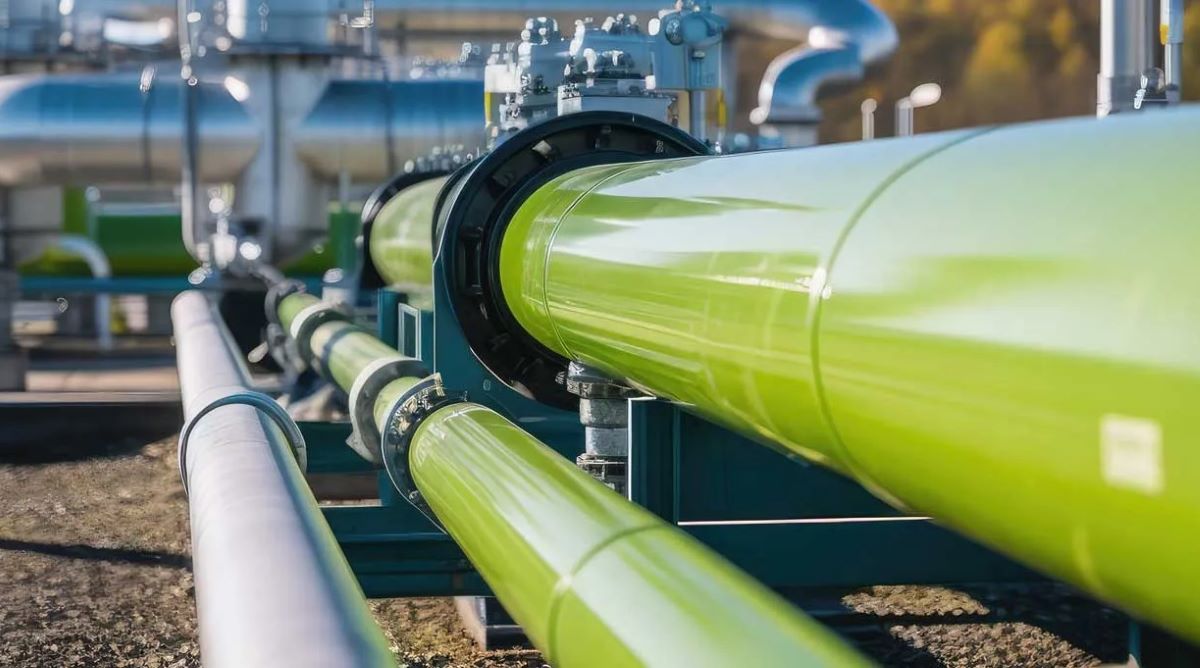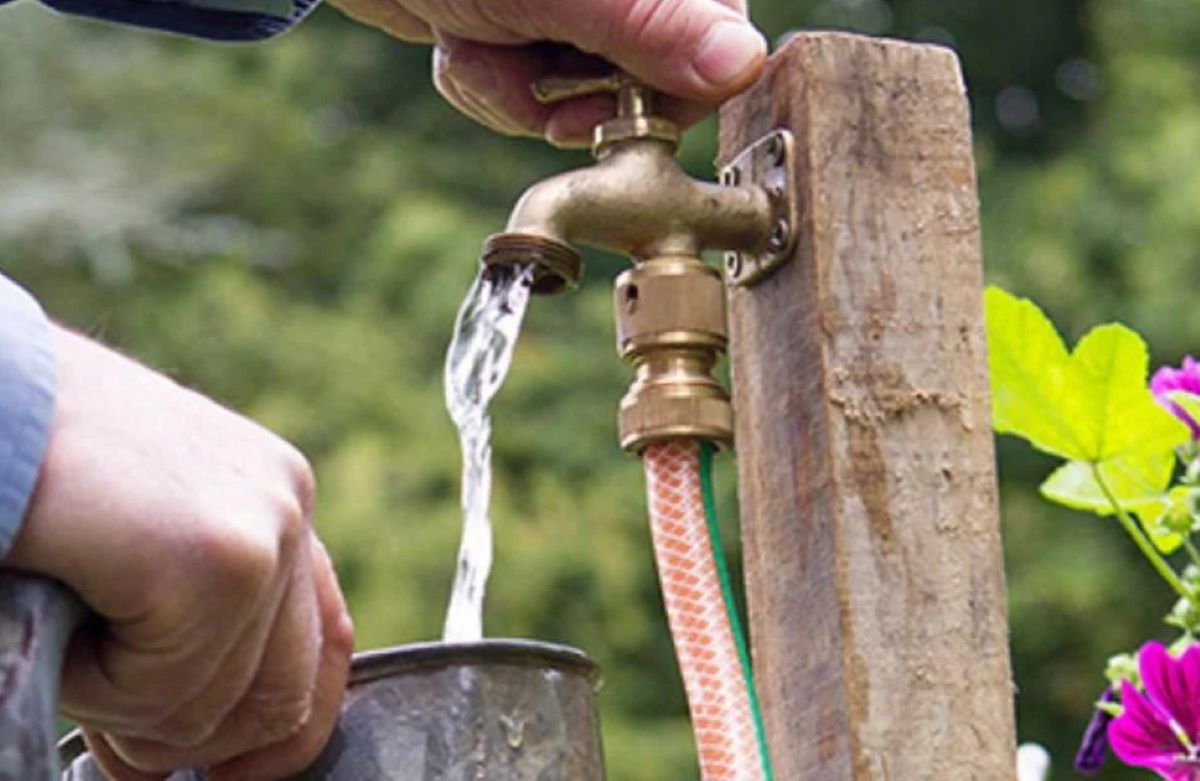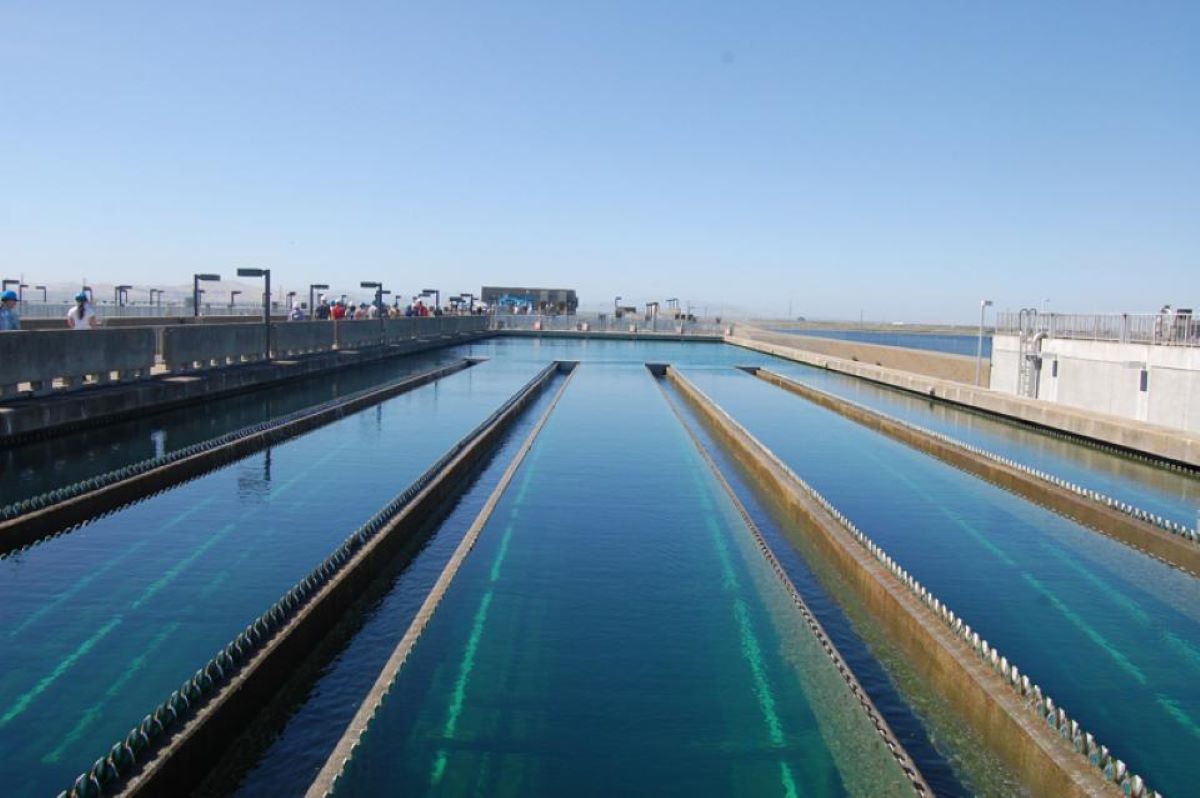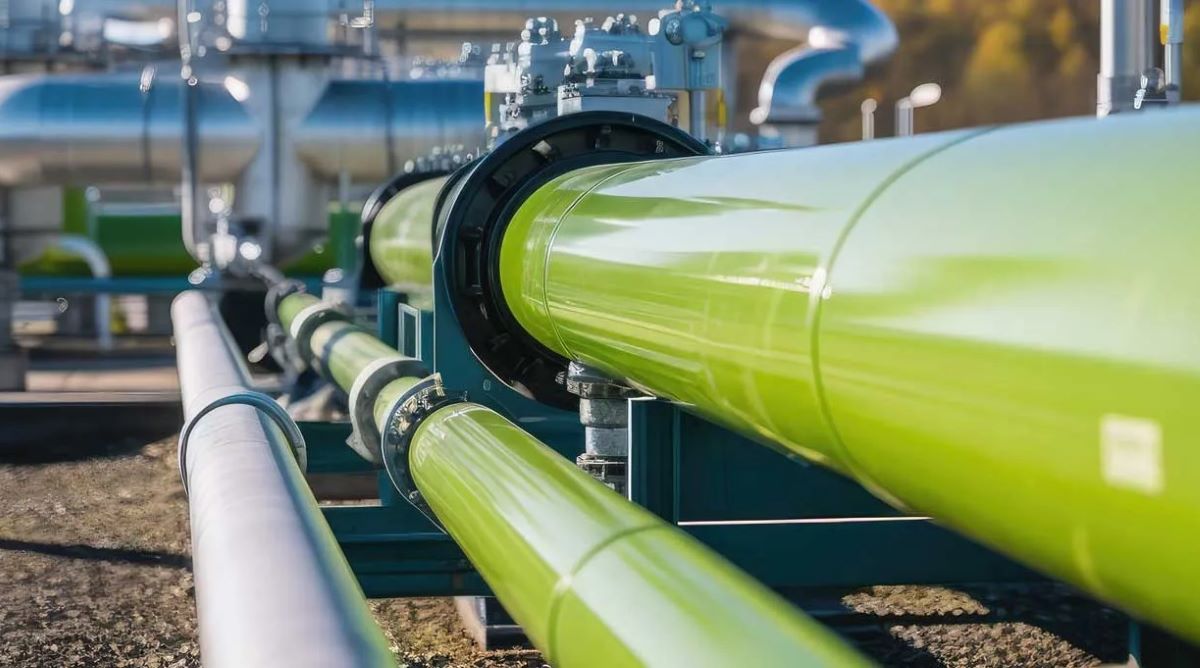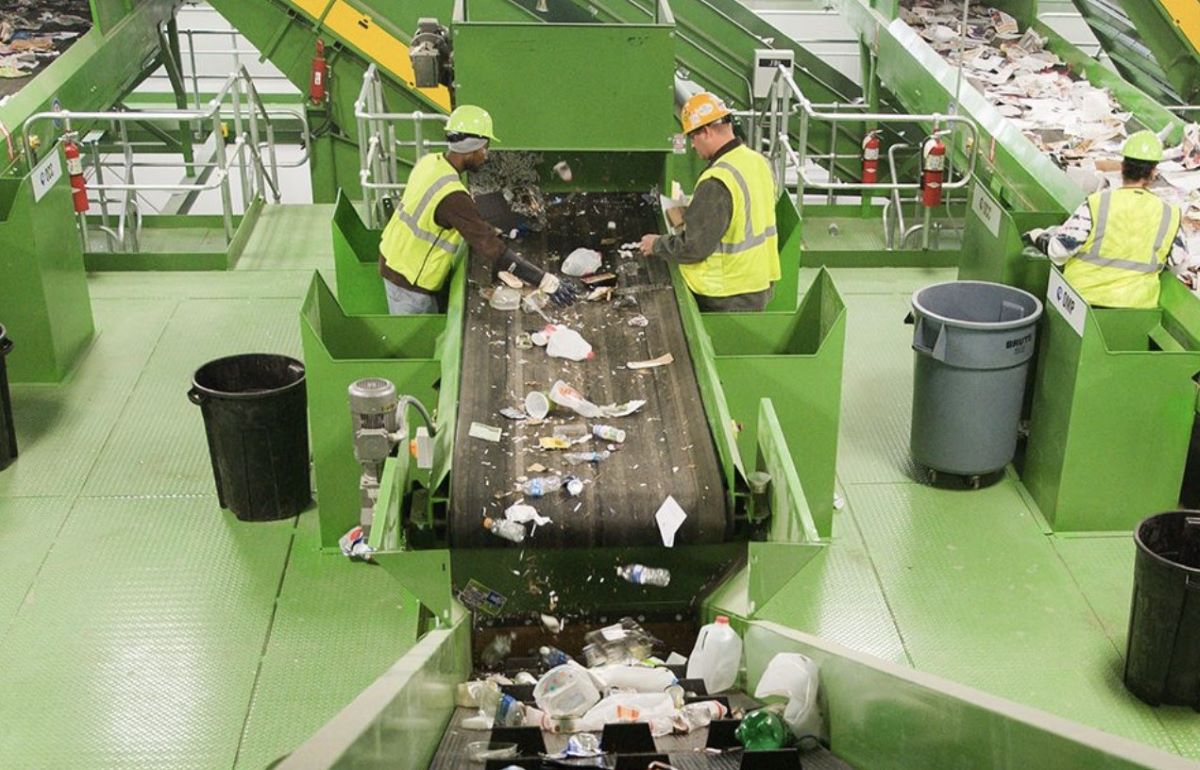Excellence Bio-Nature
Biological control involves inoculating a yeast with limited fermentative capacities to occupy the environment and naturally prevent the growth of undesirable micro-organisms. Bioprotection allows for early control of the indigenous flora present on the grapes.
Technical Specifications
PHYSICAL
- Appearance & colour: Light brown fine granulates
MICROBIOLOGICAL
- Other yeasts: < 105 UFC/g
- Mould: < 103 UFC/g
- Lactic bacteria: < 105 UFC/g
- Acetic bacteria: < 104 UFC/g
- Salmonella: Absence/25g
- Escherichia coli: Absence/1g
- Staphylococci: Absence/1g
- Coliforms: < 102 UFC/g
COMPOSITION
- Revivable yeasts: ≥ 1010 UFC/g
- Humidity: < 8 %
LIMITS
- Lead: < 2 mg/kg
- Mercury: < 1 mg/kg
- Arsenic: < 3 mg/kg
- Cadmium: < 1 mg/kg
Features and Benefits
Formulation: Active dry yeasts – Metschnikowia pulcherrima.
Enological benefits:
- The time between grape harvest and yeast addition is a major risk for the development of microbial spoilages (non-Saccharomyces yeasts, such as Brettanomyces, that often result in deviations, as well as bacteria, etc.).
- Instead of destroying these microorganisms with sulfites, bioprotection helps to control the ecological niche with a known selected yeast.
- Lamothe-Abiet has selected Excellence® B-Nature® through extensive research. This Metschnikowia pulcherrima strain has particular characteristics that make it suitable for bioprotection:
- Control of natural flora when harvesting
- Reduce the amount of compounds that combine SO2
- Increase the wine’s aromatic complexity
- Decrease the dosage of SO2 on the grapes
Product Applications
Use the Excellence® B-Nature® as soon as possible on grapes or must for optimal control of the indigenous flora. Sprinkle directly the Excellence® B-Nature® or dissolve it in 10 times its weight of water (30°C) for better distribution. Prevent any differences in temperature between the must and the preparation from exceeding 10°C. The total preparation time for rehydration must not exceed 4 hours. At the end of the pre-fermentation phase, inoculate the recommended dosage with Saccharomyces cerevisiae to start the alcoholic fermentation.
Dosage: 3 to 5 g/hL.
